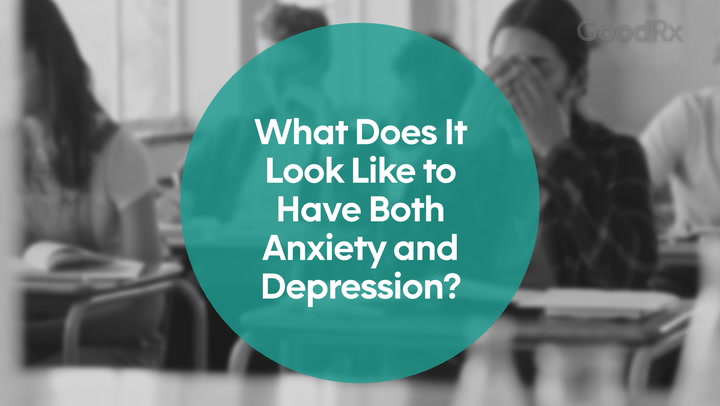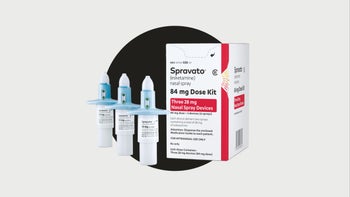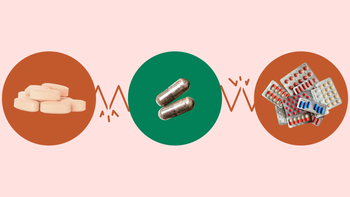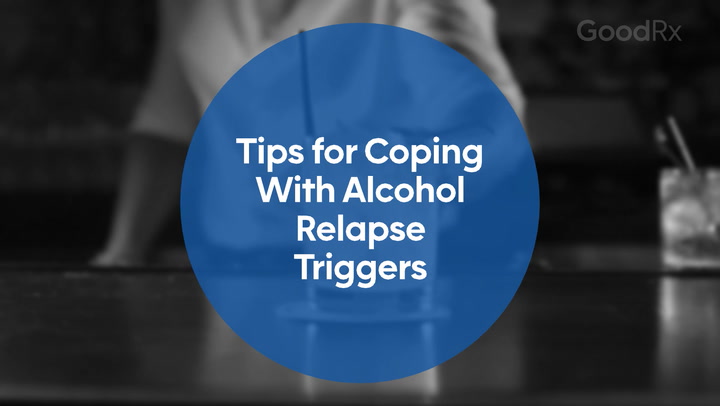
Does Medicaid Cover Therapy? A Guide to Mental Health Services and Medicaid Coverage
Key takeaways:
While Medicaid does cover mental health services, your coverage and the eligibility criteria will depend on the state you live in.
Medicaid generally covers medication management, inpatient counseling, and other mental health services provided by licensed professionals that your state allows.
Your state Medicaid program may also cover individual counseling and group therapy services. But certain alternative therapies may not be covered. Contact your state’s Medicaid program or visit their website to get a better idea of coverage and limitations.
More than 1 in 5 adults who report experiencing 14 or more mentally unhealthy days each month are not able to see a healthcare provider due to costs.
Medicaid helps individuals who cannot afford health insurance get access to mental health therapy, rehabilitation for substance misuse, and other essential services. As of June 2023, Medicaid provides assistance to over 85 million individuals in the U.S. and is the single-largest payer of mental health services in the country.
Below, we’ll break down how Medicaid works for mental health services. We’ll also provide resources to help you get the assistance you need.
Search and compare options
What is Medicaid?
Medicaid is a government program that’s administered by states. It provides free or low-cost health insurance to individuals with low income.
President Lyndon B. Johnson signed Medicaid into law in 1965. It was designed to provide medical insurance to individuals receiving cash assistance. Since that time, Medicaid has evolved to cover individuals with low income, pregnant women, people with disabilities, and other individuals in need of long-term care.
The federal government sets Medicaid guidelines. However, each state runs its own Medicaid program. This means that eligibility and services will vary depending on the state. Both the federal government and state governments fund the program.
Does Medicaid cover therapy and other mental health services?
Yes. All Medicaid programs cover some mental health and substance use disorder services. The specific services covered will depend on your state.
The Mental Health Parity and Addiction Equity Act of 2008 required healthcare plans to provide mental health benefits that are equal to their medical and surgical coverage. This means an individual with a mental illness receives the same coverage as an individual with a physical illness. It also means that your insurance provider cannot charge you a higher copay or deductible for mental health services.
Behavioral treatment for a mental illness can include counseling and psychotherapy — also known as talk therapy. Counseling is often shorter in duration and targets a specific issue, while psychotherapy is typically a more extended process that focuses on exploring a person’s emotions and past experiences.
Read more like this
Explore these related articles, suggested for readers like you.
These treatments should be conducted by a trained mental health professional, such as a:
Psychiatrist
Counselor
Therapist
Clinical social worker
Psychologist
What other mental health services does Medicaid cover?
Each state has the option to cover inpatient psychiatric services through Medicaid for individuals under the age of 21. States typically offer these services through psychiatric residential treatment facilities, which provide a temporary and intense treatment program to help youth return to their family or a less restrictive community living environment.
Medicaid also covers substance use disorder treatment as a mental health service. Most people know this treatment as drug rehab. This process begins with detoxification, which is a supervised withdrawal from substance use. It is not a treatment itself, but it is the first step to rehab.
There are two ways that an individual can participate in substance abuse disorder rehabilitative treatment:
Inpatient and residential — provides 24/7 care lasting days or weeks
Outpatient — offers treatment onsite while you live on your own
Medicaid will cover both of these options, to a certain extent. Medicaid will also cover any medication-assisted treatment (MAT) deemed necessary for recovery. This method of treatment combines FDA-approved medication with counseling and behavioral therapies. Currently, there are three approved medications for MAT: methadone, buprenorphine, and naltrexone.
What mental health services are NOT covered by Medicaid?
Specific mental health benefits will depend on your state. A specific list can be found in the ACA marketplace when comparing plans.
In some states — like Virginia and Maryland — Medicaid will not cover family and marriage counseling, but it will cover individual counseling services. Other mental health services not covered include:
Career counseling
Coaching
Massage therapy
Holistic treatments
Coverage for types of therapy not pertaining to mental health will depend on your plan.
Medicaid enrollees may also face other barriers to receiving mental health treatment. For example, not all mental health providers accept Medicaid. This makes it difficult for low-income individuals to receive the care they need even though Medicaid covers the treatment.
If you cannot receive treatment through Medicaid, other resources are available to help you get the treatment you need, such as community health and mental health clinics. Universities and medical schools also often have programs where you can see a psychiatrist in training at a reduced rate. You can call the program directors for the schools in your area to see if they offer these services.
The table below shows additional places where you can search for free or low-cost help in your area.
Organization | Website | Phone number |
Substance Abuse and Mental Health Services Administration | ||
National Alliance on Mental Illness | ||
Health Resources and Services Administration | Based on location | |
211 |
How do I know if Medicaid will cover my therapist?
Medicaid coverage varies from state to state. Each state has its own rules and limitations regarding Medicaid coverage.
To get a better idea if Medicaid will cover a therapist in your area, you can do the following:
Reach out to your state’s Medicaid office. You can contact your state’s Medicaid program to find out more about Medicaid providers. They can provide you with information and resources about available providers that are in the network.
Contact your Medicaid managed care organization. You can contact your plan’s customer service department if you are enrolled in a Medicaid managed care plan.
Ask a therapist directly. You can ask your therapist if they accept Medicaid. If you are interested in working with a new therapist, you can find out if they are currently accepting new Medicaid beneficiaries.
Reach out to community health centers and clinics. These groups and organizations may be aware of local Medicaid providers and can offer recommendations or support.
Who qualifies for Medicaid?
The requirements for Medicaid eligibility vary from state to state. You must be a resident of the state you are applying in. The other factors that determine your eligibility are:
Income: Modified adjusted gross income is the basis for determining eligibility for most individuals.
Household size: This includes all people occupying the household unit.
Family size: This includes all the people in the housing unit related by birth, adoption, and marriage.
Disability: This is defined as a physical or mental condition that limits a person’s movements, senses, and activities.
Forty-one states, including the District of Columbia, have expanded Medicaid coverage under the Affordable Care Act (ACA). That means in those states you can qualify for Medicaid based on just your income. You can visit Healthcare.gov and complete an application to see if you are eligible for Medicaid in your state.
The chart below shows the 10 states that did not expand Medicaid coverage under the ACA. You can visit each state’s website to find out the eligibility requirements and benefits.
States that did not expand Medicaid | Medicaid coverage details |
Alabama | |
Florida | |
Georgia | |
Kansas | |
Mississippi | |
South Carolina | |
Tennessee | |
Texas | |
Wisconsin | |
Wyoming |
For additional resources or to connect with mental health services in your area, call SAMHSA’s National Helpline at 1-800-662-4357. For immediate assistance, call the National Suicide Prevention Lifeline at 988, or text HOME to 741-741 to reach the Crisis Text Line.
The bottom line
Medicaid provides financial assistance to low-income individuals and their families. If you need mental health services but cannot afford them, Medicaid may be able to help. You can complete an application online at Healthcare.gov to see if you qualify. Then, check with your state Medicaid website or department to learn more about the mental health services available to you.
Why trust our experts?


References
Centers for Medicare & Medicaid Services. (2023). History.
FindTreatment.gov. (2019). Information about Medication-assisted treatment.
HealthCare.gov. (n.d.). Health benefits and coverage.
Kaiser Family Foundation. (2022). Status of state action on the Medicaid expansion decision.
Medicaid.gov. (n.d.). Behavioral health services.
Medicaid.gov. (n.d.). Inpatient psychiatric services for individuals under age 21.
Medicaid.gov. (n.d.). May 2023 Medicaid & CHIP enrollment data highlights.
Medicaid.gov. (n.d.). Medicaid eligibility.
Mental Health America. (n.d.). The state of mental health in America.
Substance Abuse and Mental Health Services Administration. (2022). HHS’s new mental health and substance use disorder benefit resources will help people seeking care to better understand their rights.
U.S. Food and Drug Administration. (2023). Information about medication-assisted treatment (MAT).
For additional resources or to connect with mental health services in your area, call SAMHSA’s National Helpline at 1-800-662-4357. For immediate assistance, call the National Suicide Prevention Lifeline at 988, or text HOME to 741-741 to reach the Crisis Text Line.




























